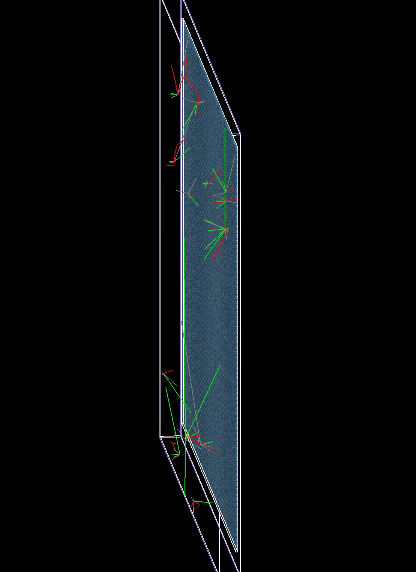

Simulating in vitro experiments under realistic conditions is crucial in radiopharmaceutical research, and Monte Carlo techniques using the TOPAS toolkit can provide valuable insights. These simulations account for changing exposure conditions due to binding affinity, internalization, secretion, physical decay, and cell-washing procedures. By closely mimicking actual experimental conditions, Monte Carlo simulations can help researchers study the mechanistic effects of radiosensitizing nanoparticles, ultimately leading to a better understanding of their potential in enhancing cancer treatment effectiveness.

